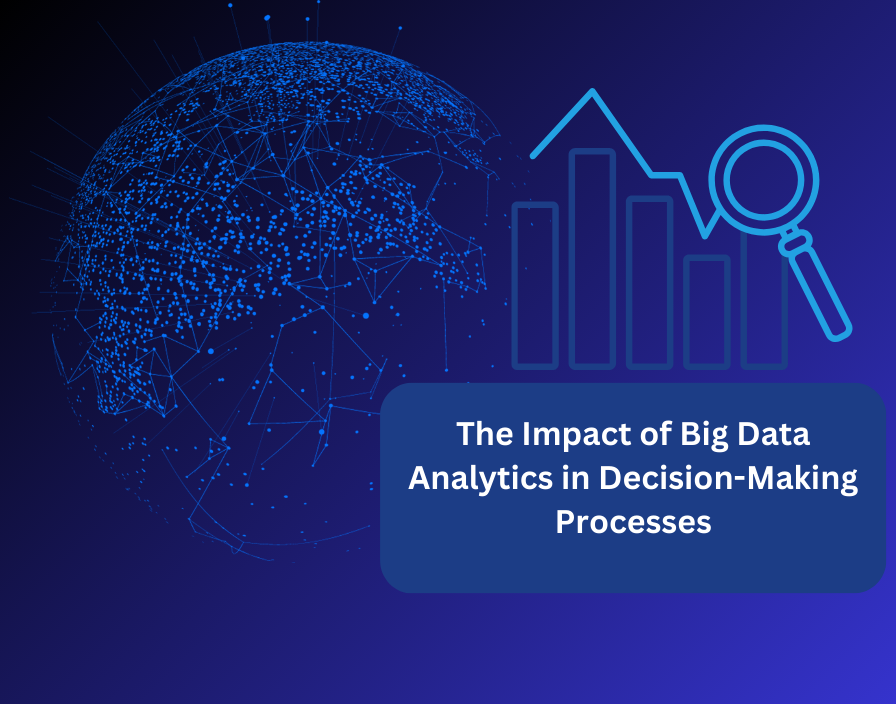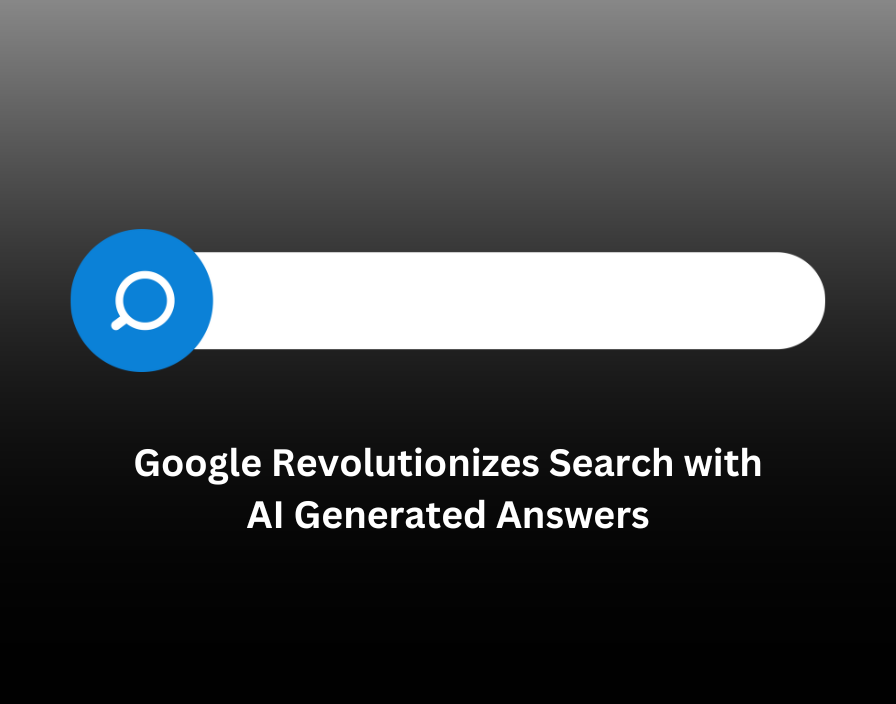The Impact of Big Data Analytics in Decision-Making Processes

In today's digital age, organizations are generating and collecting vast amounts of data at an unprecedented rate. This abundance of data holds immense potential if harnessed effectively. Big data analytics has emerged as a game-changer, empowering organizations to derive valuable insights from this data and make informed decisions. In this blog post, we will explore the profound impact of big data analytics on decision-making processes across various industries.
1. Enhanced Decision-Making with Data-Driven Insights:
Traditionally, decision-making relied heavily on intuition and experience. However, big data analytics revolutionizes this approach by providing data-driven insights. By analyzing large volumes of structured and unstructured data, organizations can uncover patterns, correlations, and trends that were previously hidden. These insights enable decision-makers to identify opportunities, understand customer behavior, optimize operations, and mitigate risks more effectively.
2. Personalized Customer Experiences:
One of the significant advantages of big data analytics is its ability to drive personalized customer experiences. By analyzing customer data, such as purchase history, demographics, and online behavior, organizations can gain a deeper understanding of individual preferences and needs. This knowledge allows them to deliver tailored recommendations, personalized marketing campaigns, and customized products or services. The result is improved customer satisfaction, increased engagement, and higher conversion rates.
3. Improving Operational Efficiency:
Big data analytics plays a pivotal role in optimizing operational efficiency across industries. By analyzing data from multiple sources, such as sensors, machines, and supply chain systems, organizations can identify bottlenecks, streamline processes, and reduce costs. For example, in manufacturing, real-time data analysis helps identify production inefficiencies, predict maintenance needs, and optimize inventory levels. In logistics, data analytics optimizes route planning, enhances fleet management, and improves delivery times. These efficiency gains translate into cost savings, improved productivity, and better resource allocation.
4. Risk Management and Fraud Detection:
The ability to detect and mitigate risks is crucial for organizations across sectors. Big data analytics empowers decision-makers to identify potential risks and fraud in real-time. By analyzing vast amounts of data, including transactional records, customer behavior patterns, and network logs, organizations can detect anomalies and patterns indicative of fraudulent activities. This proactive approach enables timely intervention, reducing financial losses and reputational damage. In the finance industry, big data analytics is instrumental in fraud detection, anti-money laundering efforts, and ensuring regulatory compliance.
5. Accelerating Innovation and Product Development:
Big data analytics plays a pivotal role in driving innovation and product development. By leveraging customer data, market trends, and feedback, organizations can identify unmet needs, market gaps, and emerging trends. This knowledge fuels the development of innovative products and services, enabling organizations to stay ahead of the competition. Additionally, big data analytics facilitates rapid prototyping, testing, and iteration, leading to more successful product launches and reduced time-to-market.
6. Strategic Decision-Making and Planning:
Strategic decision-making requires a comprehensive understanding of external factors, market dynamics, and internal capabilities. Big data analytics provides decision-makers with real-time market insights, competitor analysis, and performance metrics. This data-driven approach helps organizations make informed strategic decisions, such as market expansion, mergers and acquisitions, and resource allocation. Big data analytics also enables scenario modeling and predictive analytics, allowing decision-makers to anticipate future trends and plan accordingly.
7. Driving Healthcare Transformation:
The healthcare industry has witnessed a transformative impact through the application of big data analytics. Electronic health records, medical imaging data, genomics, and wearable devices generate vast amounts of data. By analyzing this data, healthcare providers can improve patient outcomes, optimize treatments, enhance disease surveillance, and accelerate medical research. Big data analytics enables precision medicine, personalized treatment recommendations, and early detection of disease outbreaks, leading to improved healthcare delivery and patient care.
Summary :
Big data analytics has revolutionized decision-making processes across industries, empowering organizations to make data-driven, informed decisions. The ability to extract insights from large and complex datasets has transformed customer experiences, operational efficiency, risk management, innovation, and strategic planning. As organizations continue to harness the power of big data analytics, the impact on decision-making processes will only grow, driving efficiency, innovation, and competitive advantage in the digital era.




